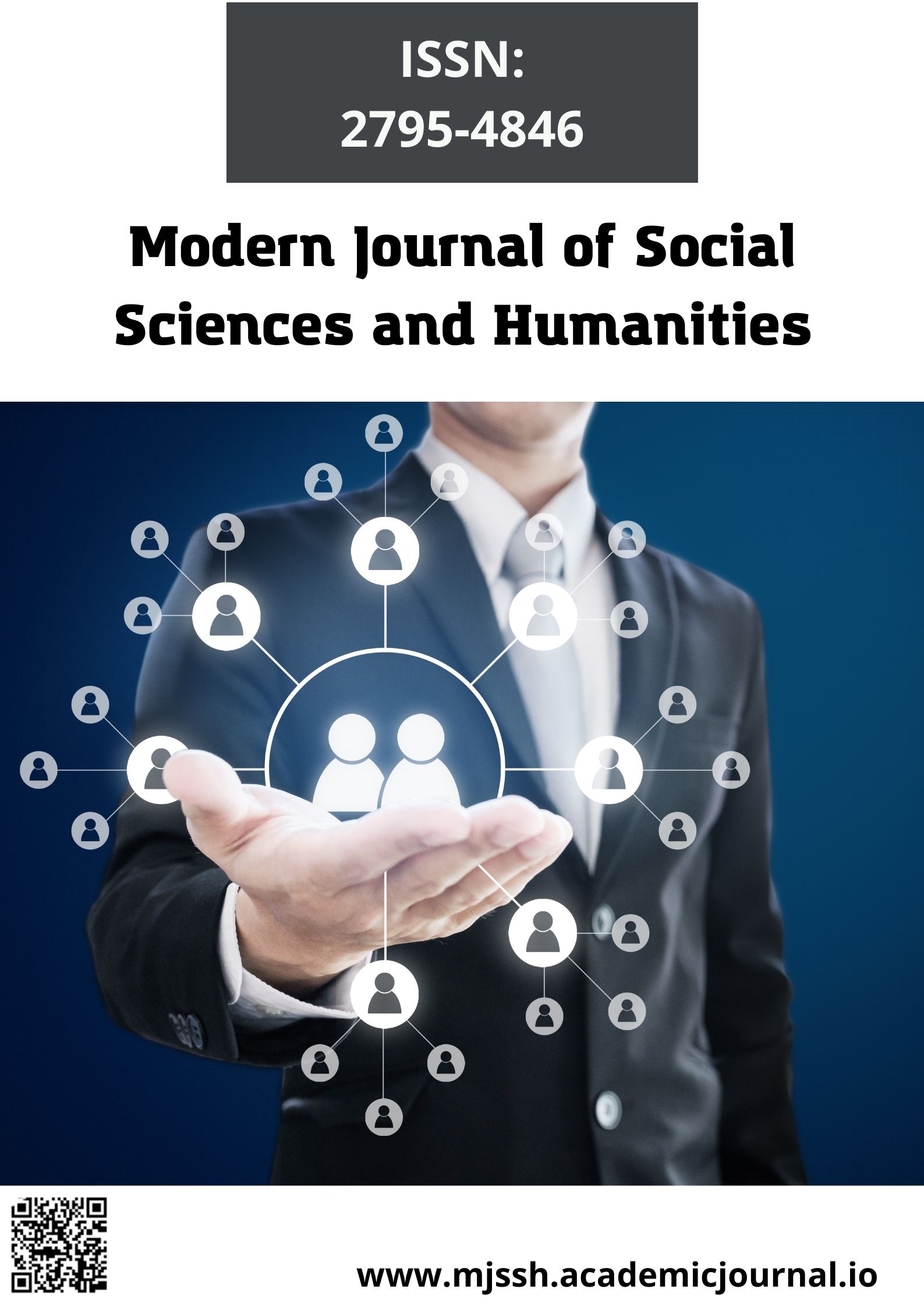Effects of Insecurity on Students’ Academic Performance in Katsina State Schools – A Case Study of the Frontline Local Government Areas.
DOI:
https://doi.org/10.51699/mjssh.v2i7.681Keywords:
Banditry, Kidnapping, Raping, Teaching and Learning.Abstract
This study investigates the effects of insecurity on students’ academic performance in Katsina State Schools, specifically focusing on the Frontline Local Government Areas. Insecurity is a growing problem within Katsina, resulting in the displacement of thousands of people, particularly in the Frontline Local Government Areas. This displacement has led to a decrease in educational opportunities, which in turn has had a detrimental effect on the academic performance of students in the state. The study utilized both qualitative and quantitative techniques, including questionnaires to gather data from a sample of teachers and students from the selected Frontline Local Government Areas. The results of the study revealed a significant decrease in the academic performance of students due to insecurity in the region. A number of factors were identified as contributing to this decrease, including a lack of access to education, a shortage of teaching staff, and the disruption of family life caused by displacement. The findings of the study suggest that insecurity in Katsina is detrimental to students’ academic performance, particularly in the Frontline Local Government Areas. It is recommended that the government take steps to improve the security situation in the region, as well as provide additional support to pupils, such as increased access to educational resources and improved teaching staff. Additionally, it is important to bear in mind the psychological effects of insecurity on students and develop appropriate strategies to help mitigate these effects
References
Abubakar-Kamal, M., Abubakar, B. A., Sadiq, M., &Abdulkadir, A. (2018). Effect of insecurity on students’ academic performance in katsina state, nigeria. Journal of Educational Research and Reviews, 7(2), 1-9.
Achumba, I.C., Ighomereho, O.S. & Akpor-Robaro, M.O. (2013). “Security challenges in
Nigeria and the implications for Business activities and sustainable development”.
Journal of Economics and Sustainable Development, 4(2), 77-99.
Adagba, O., Ugwu, S & Eme, O.I (2012). Activities of Boko Haram and Insecurity Question in Nigeria, Arabian Journal of Business and Management Review, 1(9),
Adeola, G. L., & Oluyemi, F. (2012). The Political and Security Implications of Cross Border
Migration between Nigeria and Her Francophone Neighbours. International Journal of Social Science Tomorrow, 1(3), 1-9.
Aliyu, M. B., & Umar, Y. (2018). The effects of insecurity on academic performance of secondary school students in katsina state, nigeria. International Journal of Education and Research, 6(6), 365-376.
Bello, Y,. M (2022) Causes of Insecurity In Nigeria. insecurity- in-nigeria 7.
Box-Steffensmeier JM, De Boef S, Sweeney K (2005).Multi Level Stratified Frailty Models and Onset Of Civil War: A Paper Presented at the Annual Meeting of the Midwest Political Science Association, Chicago, IL 7-10 April.
Chang, M. J., & Hsieh, T. H. (2020). Effects of academic insecurity on college students’ academic performance: A meta-analytic review. Educational Psychology Review, 32(2), 441-456.
Chukwuemeka, E,.S (2021) 9 Major Causes and Solut https://bscholarly.com/causes 9.
Chu, M., & Cano-Dillman, A. (2015).The impact of academic insecurity on student performance. Educational Psychology Review, 27(3), 353–366.
Collier P (2007). Post-Conflict Recovery: How Should Policies be Distinctive? Mimeo, Centre for the Study of African Economies, University of Oxford.
Federal Republic of Nigeria (2013).National policy on education. 4th ed. Lagos: Nigerian
Educational Research and Development Council. 10.
McDuffie, A. R., & Ahmad, M. (2013).Academic self-efficacy in relation to academic self-esteem and academic performance. Education,134(4), 610-617.
Ogullu, M., &Balcioglu, S. (2017). Relationships between academic insecurity, self-efficacy, and academic performance: A study of pre-service teachers. International Education Studies, 10(7), 150-159.
Ogunode, N,. J, & Atiga ,T. (2021) Educational Administration in Nigeria: Challenges and American Journal of Social And Humanitarian Research
Ogunode, J. N. (2021). Implementation of universal basic education law: problems and solutions. Intercathedra 4(49), 213http://dx.doi.org/10.17306/J.INTERCATHEDRA.2021.00133 16.
Olonisakin, F. (2008). “In the line of Fire”. BBC Focus on Africa (April-June) pp. 19-23.
Sanni, O. B. (2015) Effects of Insecurity and challenges on females’ education in Nigeria.
African Journal for the Psychological Study of Social Issues. 18(3), 49-56
Shaw, K. S., & Mc Keachie, W. J. (2005).Academic insecurity, motivation, and academic performance. Research in Higher Education, 46(6), 689-706. http//:www.punchonlinenewspaper-28-2019





